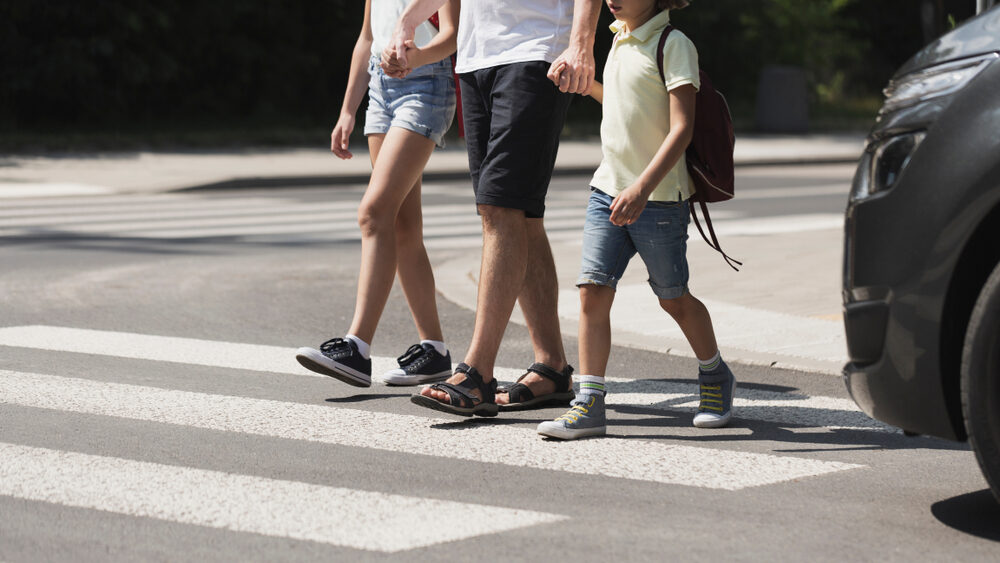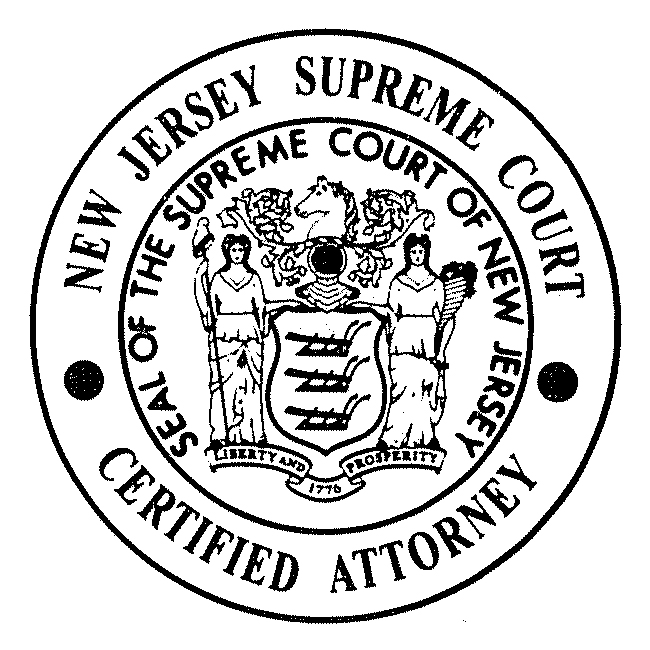Pedestrian rights in auto accidents: new jersey laws explained

Every year, numerous pedestrians face perilous encounters on the road. While drivers are generally aware of their rights and obligations, pedestrians often find themselves at a disadvantage, especially when involved in auto accidents. Understanding the rights of pedestrians in such scenarios is crucial to ensure justice and appropriate compensation. In this article, we delve deep into the realm of New Jersey’s pedestrian laws with the guidance of Team Law, shedding light on your rights, the steps you should take post-accident, and the significance of legal counsel.
Rights of Pedestrians under New Jersey Law
In New Jersey, pedestrians hold a privileged status when it comes to road safety. Over the years, laws have been established to ensure that the rights of pedestrians are protected, making it imperative for both drivers and pedestrians to be aware of them. Understanding these rights is crucial for anyone walking the streets of New Jersey, as it ensures their safety and allows them to take appropriate action if these rights are violated.
1. Right of Way at Crosswalks
In New Jersey, pedestrians enjoy the right of way in both marked and unmarked crosswalks. Here’s how it works:
- If a pedestrian has started crossing a road at a crosswalk on a green or walk signal, all vehicles must yield to the pedestrian.
- Even if there isn’t a traffic control signal, when a pedestrian is within a marked crosswalk or is crossing a road at an unmarked crosswalk at an intersection, vehicles should yield the right of way.
2. Safety Outside Crosswalks
While it’s always safer and recommended for pedestrians to cross roads using crosswalks, there are provisions for those who don’t:
- Pedestrians who are crossing roads at any point other than within a marked crosswalk or within an unmarked crosswalk at an intersection must yield the right of way to all vehicles.
- However, this doesn’t mean that drivers can ignore pedestrians. The law still mandates that if a driver sees a pedestrian crossing the road, they should act in a manner that ensures the pedestrian’s safety.
3. No Darting Out
Safety is a two-way street. Pedestrians are also expected to exercise caution:
- Pedestrians should not suddenly leave a curb or other safe place and walk or run into the path of a vehicle close enough to be an immediate hazard.
4. Use of Sidewalks
For areas where sidewalks are provided, pedestrians should use them. If no sidewalk is available, pedestrians should walk on the left side of the roadway or its shoulder facing traffic.
5. Right to Fair Compensation
In the unfortunate event that a pedestrian is injured due to the negligence or fault of a driver:
- The pedestrian has the right to seek compensation. This could cover lost wages, pain and suffering, in some instances medical bills, rehabilitation, and more.
- If a motor vehicle hits a pedestrian while they are legally using a crosswalk (marked or unmarked), the law typically views this as a fault on the part of the driver, barring any unexpected or unforeseen actions by the pedestrian.
6. Signals for Blind or Disabled Pedestrians
Drivers need to be especially cautious and yield to pedestrians who are carrying a white cane (with or without a red tip) or accompanied by a guide dog. These are signals that the pedestrian is blind or visually impaired.
Steps to Take if You’re a Pedestrian Involved in an Accident
The immediate aftermath of an accident can be chaotic and traumatic. However, the steps you take can significantly impact your potential claim.
1. Ensure Your Immediate Safety
Move to a safe location if possible. This will prevent further injuries, especially if you’re in the middle of the road or at a busy intersection.
2. Call 911
Always report the accident to the police. Whether the accident seems minor or severe, having an official police report can be invaluable for any subsequent legal actions.
3. Seek Medical Attention
Even if you believe your injuries are minor, it’s essential to get checked out by a medical professional. Some injuries, like internal injuries or concussions, might not manifest significant symptoms immediately.
4. Gather Information
Collect as much information as possible from the scene:
- Driver’s Information: Obtain the driver’s name, contact details, license number, insurance details, and vehicle registration number.
- Witness Details: If there are any witnesses, take down their names and contact information.
- Document the Scene: Use your smartphone or camera to take photos of the accident scene, your injuries, the vehicle involved, and any other relevant details like skid marks, traffic signals, or road conditions.
5. Notify Your Insurance Company
New Jersey is a no-fault state, meaning your own insurance typically covers your injury related medical treatment regardless of who was at fault, so you must inform your insurance company about the accident. They will provide coverage for medical bills or other damages, depending on your policy, and if you don’t have a motor vehicle insurance policy that you’re covered under there is a fund that may cover your medical bills and expenses.
6. Document All Medical Treatments
Keep records of any medical treatments, therapy, medications, or consultations you receive. This will be vital when seeking compensation.
8. Avoid Social Media
Do not discuss the accident or your injuries on social media platforms. Insurance companies and defense attorneys often search for such posts to attempt to undermine your claims.
9. Consult with a Lawyer
Consider seeking legal advice, especially if you have significant injuries or anticipate long-term health effects. A skilled attorney can guide you through the complexities of the legal system, ensure your rights are protected, and help you get the compensation you deserve.
How a Lawyer Can Help
Navigating the maze of legal processes post-accident can be daunting. Here’s where a lawyer, especially from an experienced and reputable firm like Team Law, becomes invaluable:
- Legal Advice: Lawyers provide guidance on your rights and the best course of action.
- Negotiating with Insurance Companies: Insurance companies often aim to minimize payouts. An experienced lawyer ensures you get a fair deal.
- Evidence Collection: Lawyers can help gather necessary evidence, from CCTV footage to expert testimonies, to strengthen your case.
- Representation in Court: If your case goes to trial, having a seasoned attorney advocating for you can make all the difference.
Contact an Experienced Auto Accident Lawyer at Team Law for a Free Consultation About Your Case Today
Being a pedestrian should not leave you vulnerable on the streets of New Jersey. Knowing your rights and the steps to take post-accident can make a world of difference in ensuring justice and rightful compensation. And with the expertise of legal professionals like Team Law, you’re never alone in this journey.
Involved in an auto accident as a pedestrian? Let Team Law guide you. Contact us today for a free consultation and ensure your rights are protected.
 CALL NOW
CALL NOW 





